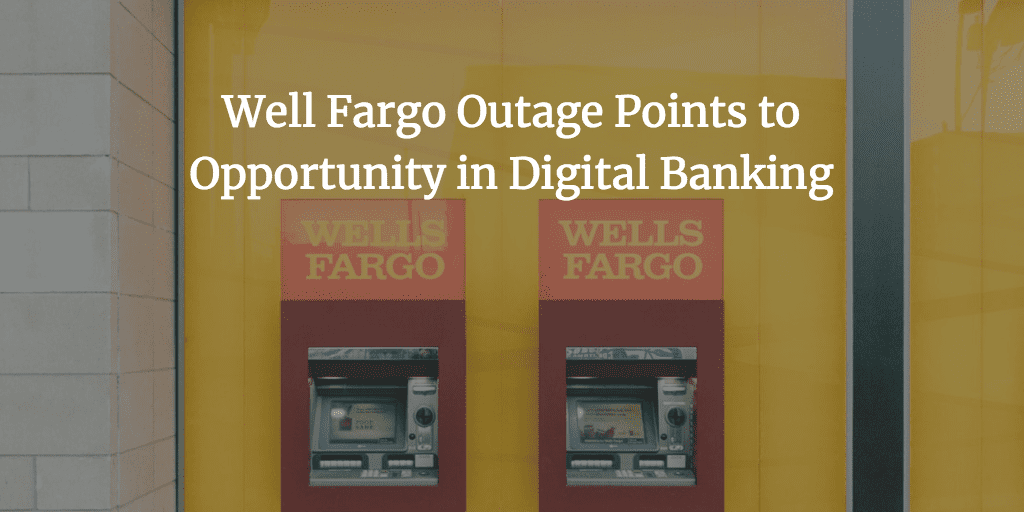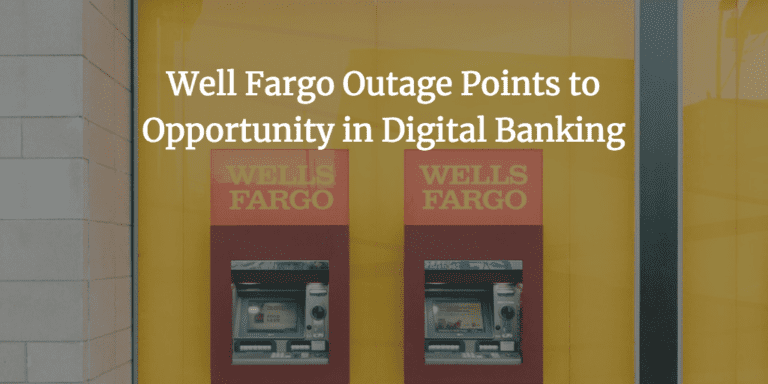
Wells Fargo is still digging out from a PR disaster last week when the bank went offline for a large segment of customers due to a fire alarm triggered in a server facility in Minnesota. Customers could not access the mobile app, the website or ATMs. The incident has been used to highlight how big an opportunity there is for fintech firms or more nimble banks.
What the outage shows is that bank infrastructure is still stuck in the past, analysts rightly asked why Wells Fargo did not have the bank running on a cloud based system.
Soon after the news broke customers took to Twitter to rant about not being able to access their account and cast doubt on whether or not Wells Fargo was telling the truth. Customers also wondered how so much of the account system relied on a single location.
Digital bank Chime seemed to benefit from the news with more than 10,000 accounts being opened, a record 24 hour period for the startup. Chime did note that they could not directly attribute the record account openings to Wells Fargo, but they did highlight how big banks are not offering modern day accounts.
In the last 18 months there has been some big momentum for digital banking startups with some significant capital raises and early customer traction. Incumbent banks have also responded by spinning off their own digital brands and beefing up their internal offerings.
Overall digital only banks make up a very small share of the market with the largest startups capturing a few million customers. Banks have tens of millions of customers who, for the most part, do not want to change their bank. A new survey by Fraedom says 80 percent of banks believe challengers have impacted their business and 30 percent say they are their biggest threat.
What the Wells Fargo incident reveals is that large banks still have a long way to go when it comes to becoming fully digital. They are still the leaders when it comes to number of customers but the more incidents like this the better the digital only offering becomes.
We are still a long ways away from banks being truly disrupted in terms of market share, but digital banking startups are showing they can react quickly and position themselves as a healthy alternative.


